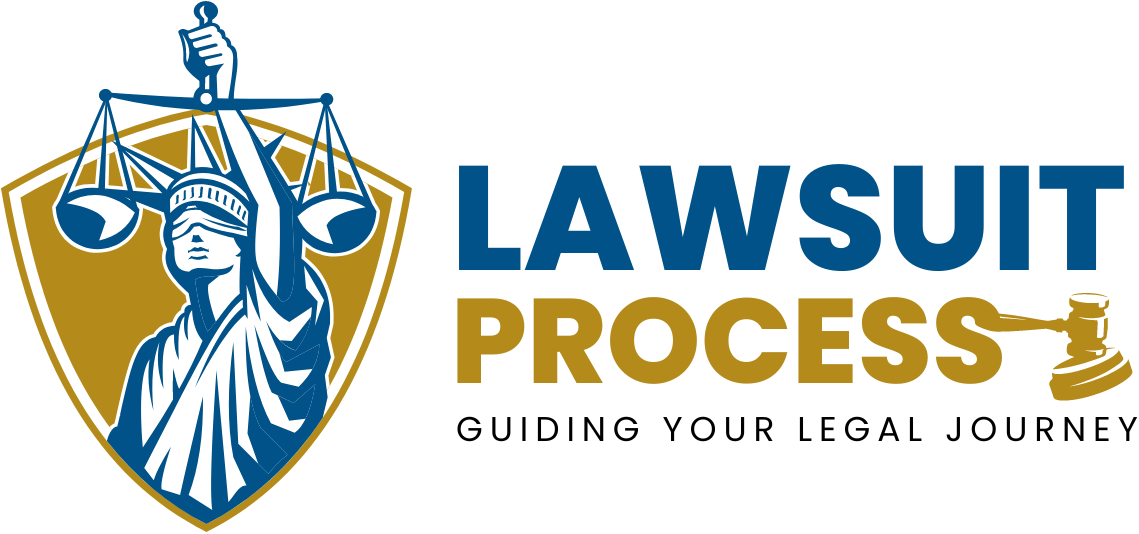Child custody hearings are emotionally charged and critically important proceedings that determine the future of a child’s living arrangements and parental responsibilities. Whether you’re seeking primary custody or negotiating visitation rights, thorough preparation is essential to present your case effectively. This article provides a comprehensive guide to help you navigate the complexities of a child custody hearing.
Understanding the Child Custody Process
Before delving into preparation strategies, it’s crucial to understand the basics of the child custody process.
Types of Custody
- Legal Custody: Refers to the right to make significant decisions about the child’s life, including education, healthcare, and religious upbringing. Legal custody can be sole or joint.
- Physical Custody: Determines where the child lives. Physical custody can also be sole (primary residence with one parent) or joint (the child splits time between both parents).
Factors Courts Consider
Courts prioritize the best interests of the child when making custody decisions. Factors typically include:
- Parental Stability: The ability to provide a stable and loving environment.
- Child’s Age and Health: Younger children may have different needs than older ones.
- Parental Cooperation: Willingness to facilitate a relationship with the other parent.
- History of Abuse or Neglect: Any evidence of abuse can significantly impact custody decisions.
- Child’s Preference: Depending on the age and maturity, the child’s wishes may be considered.
Legal Representation
While self-representation is an option, hiring an experienced family law attorney can be invaluable.
Importance of an Attorney
- Legal Expertise: Attorneys understand the intricacies of family law and court procedures.
- Objective Perspective: They provide an unbiased view, helping you make rational decisions.
- Negotiation Skills: Lawyers can negotiate on your behalf, potentially reaching a settlement without a contentious court battle.
How to Choose an Attorney
- Experience: Look for attorneys specializing in family law with a strong track record in custody cases.
- Reputation: Seek recommendations and read reviews.
- Communication: Ensure they are responsive and explain legal terms clearly.
- Cost: Understand their fee structure to avoid unexpected expenses.
Document Preparation
Documentation is a cornerstone of presenting a compelling case.
Financial Records
- Income Statements: Pay stubs, tax returns, and bank statements.
- Expenses: Documentation of child-related expenses like education, healthcare, and extracurricular activities.
Communication Logs
- Emails and Text Messages: Keep records of all communications with the other parent, highlighting cooperative or uncooperative behavior.
- Visitation Records: Note dates and times of visitations or missed appointments.
Child’s Records
- Medical Records: Document any health issues and appointments.
- Educational Records: Report cards, teacher notes, and attendance records.
- Extracurricular Activities: Evidence of involvement in sports, arts, or clubs.
Behavior and Appearance
Your demeanor and presentation can influence court perceptions.
Court Etiquette
- Punctuality: Arrive early to show respect for the court’s time.
- Respectful Behavior: Address the judge as “Your Honor” and avoid interrupting.
- Composure: Stay calm, even if the proceedings become heated.
Appropriate Attire
- Professional Dress: Wear conservative and professional clothing.
- Grooming: Ensure you are well-groomed to make a positive impression.
Preparing for Court
Being well-prepared reduces anxiety and increases the likelihood of a favorable outcome.
Rehearsing Testimony
- Know Your Case: Be familiar with all aspects of your case and the evidence you’ve provided.
- Practice Speaking: Rehearse answering potential questions clearly and confidently.
- Avoid Negative Remarks: Focus on your strengths as a parent rather than criticizing the other parent.
Witness Preparation
- Character Witnesses: Identify individuals who can attest to your parenting abilities.
- Expert Witnesses: In some cases, professionals like psychologists may provide valuable testimony.
- Briefing Witnesses: Ensure they understand the court process and what is expected.
Managing Emotions
Custody hearings are emotionally taxing. Managing your emotions is crucial for clear thinking and presenting yourself effectively.
Dealing with Stress
- Support System: Lean on friends, family, or support groups.
- Professional Help: Consider counseling to cope with emotional strain.
- Self-Care: Engage in activities that reduce stress, like exercise or meditation.
Supporting the Child
- Open Communication: Talk to your child in an age-appropriate manner about the situation.
- Consistency: Maintain routines to provide a sense of stability.
- Avoid Involving the Child: Do not burden them with details or encourage them to take sides.
Mediation and Alternative Dispute Resolution
Courts often encourage parents to resolve disputes outside the courtroom.
Benefits of Mediation
- Less Adversarial: Encourages cooperation and communication.
- Cost-Effective: Generally less expensive than a trial.
- Control Over Outcome: Parents have more say in the final agreement.
Preparing for Mediation
- Identify Priorities: Know what matters most to you and where you can compromise.
- Stay Open-Minded: Be willing to consider the other parent’s perspective.
- Legal Advice: Consult with your attorney before and after mediation sessions.
Post-Hearing Steps
After the hearing, there are essential steps to finalize the process.
Understanding the Court’s Decision
- Read the Judgment Carefully: Ensure you understand all the terms.
- Ask Questions: If anything is unclear, consult your attorney.
Compliance
- Follow the Order: Adhere strictly to the custody arrangement.
- Document Compliance: Keep records of your adherence to the court order.
Modifications
- Changed Circumstances: If significant changes occur, you may request a modification.
- Legal Procedure: Follow the legal process to alter custody agreements officially.
Conclusion
Preparing for a child custody hearing involves meticulous planning, emotional fortitude, and a clear understanding of legal procedures. By organizing your documentation, presenting yourself professionally, and focusing on the child’s best interests, you enhance your prospects of a favorable outcome. Remember that the objective is not only to secure your rights as a parent but also to ensure the well-being and stability of your child.
Key Takeaways
- Prioritize the Child’s Best Interests: Courts focus on what benefits the child most.
- Be Thorough and Organized: Proper documentation can significantly impact the court’s decision.
- Maintain Professionalism: Your behavior and appearance matter.
- Seek Legal Guidance: An experienced attorney can navigate the complexities of custody law.
- Manage Emotions: Staying composed helps you think clearly and present your case effectively.
Navigating a child custody hearing is undeniably challenging, but with the right preparation and mindset, you can approach the process with confidence and poise.










